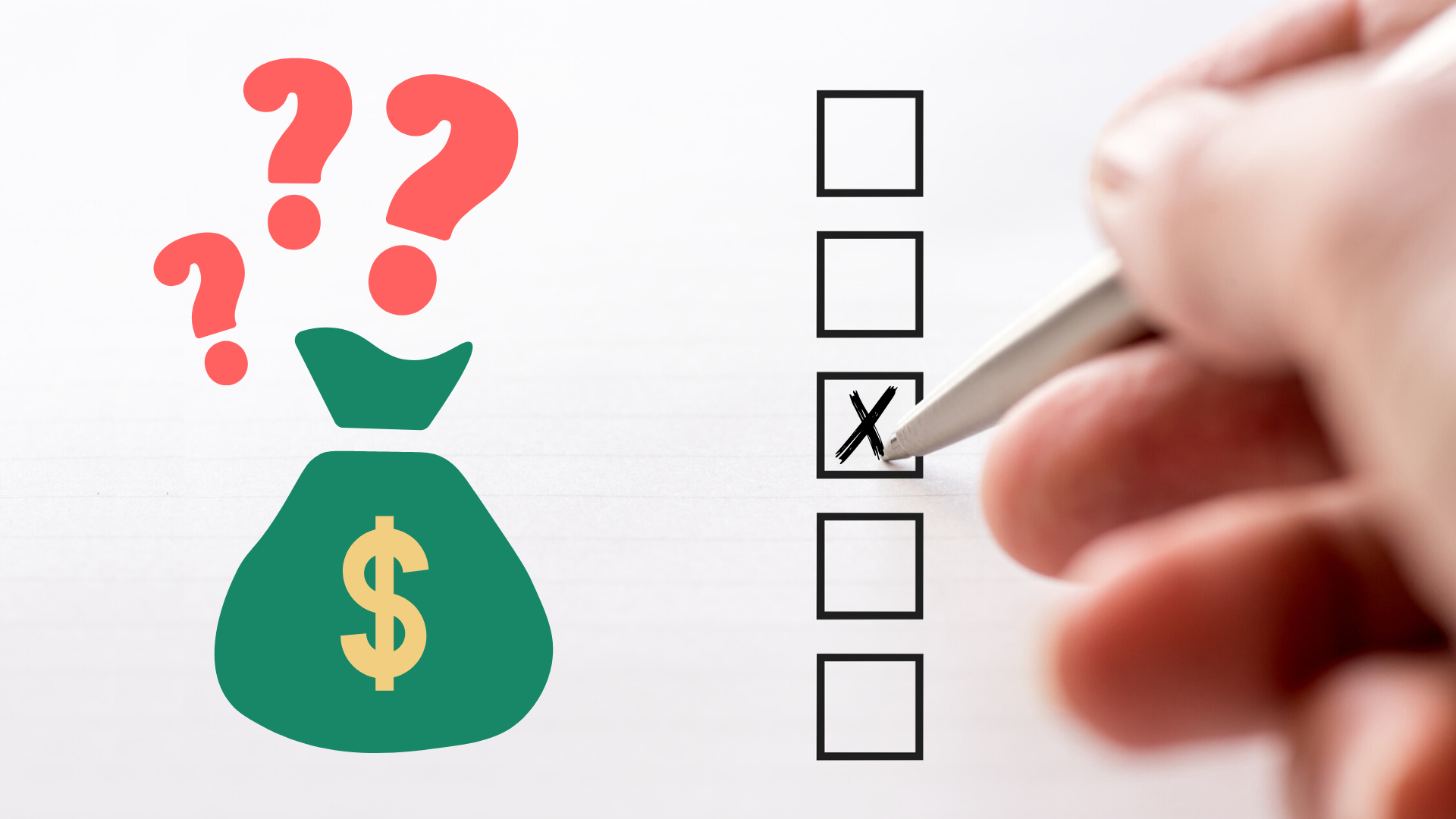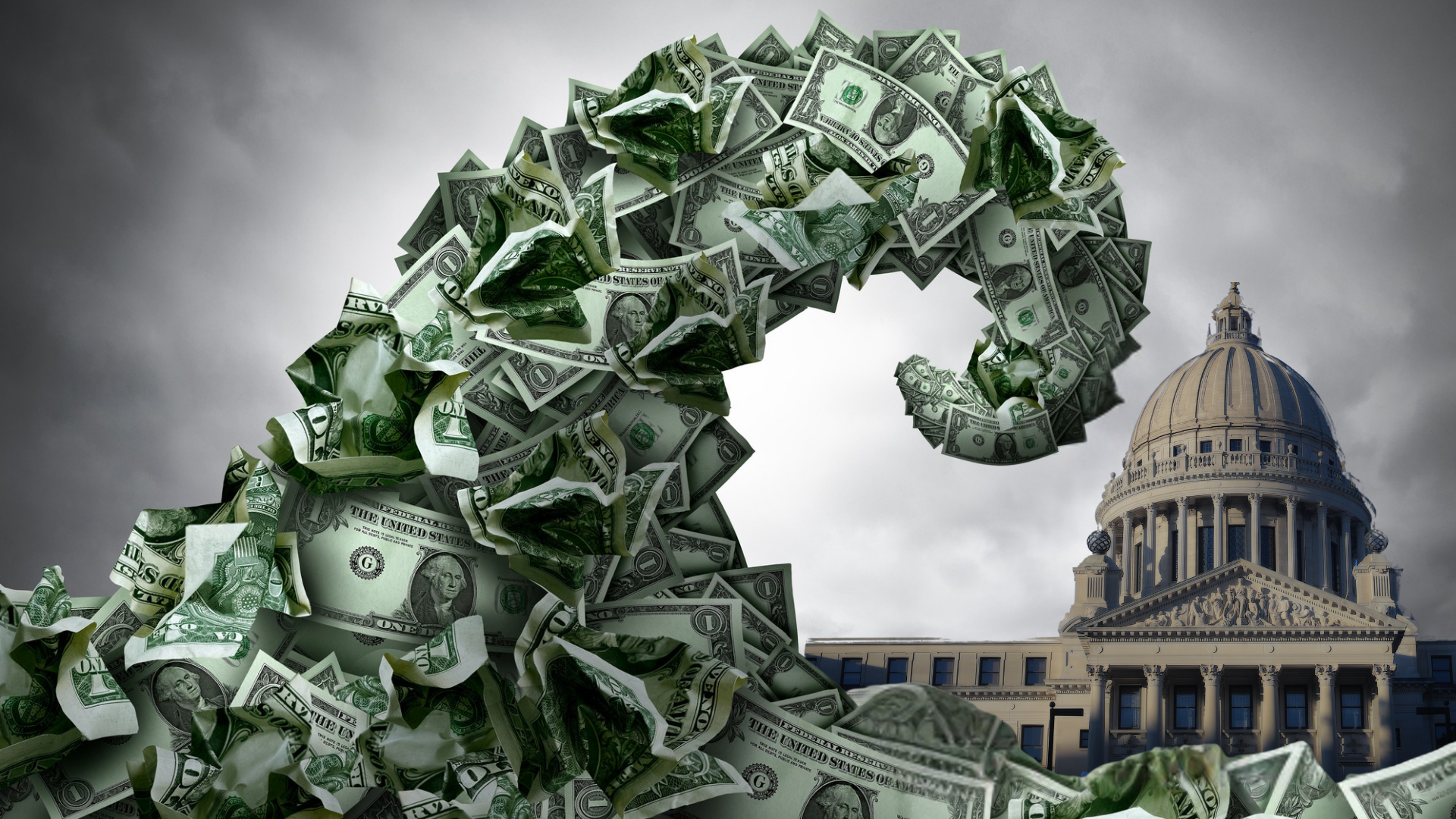In 2021 majority Democrats in the legislature passed SB 5096, a bill to impose a 7% tax on income of more than $250,000 earned through capital investments. Although outvoted, Republicans were strongly against the bill, being opposed to a state income tax in principle. They also argued the bill was unconstitutional. In any case, Governor Jay Inslee signed the bill on May 4th.
It’s true that a discriminatory state income tax is illegal under Washington’s constitution, so the new law faced an immediate court challenge. The law was quickly struck down by a lower court. Two years later, however, in what some legal observers saw as a sneaky play on words, a slim majority of supreme court justices re-labeled it an “excise” tax. The court decided that SB 5096 is not a tax on income, it’s a tax on the transaction of making income. The judges said the fact the tax is calculated based on the dollar amount of income realized is not relevant.
The two dissenting justices, apparently after referring to a desk dictionary, noted that a tax on income is an income tax (regardless of arbitrary political labels) and therefore not permitted under the constitution. Notwithstanding the plain meaning of words, however, Washington’s unique-in-the-nation income tax went into effect anyway.
When opponents saw they couldn’t expect justice from the courts they turned to direct democracy. Over the course of a few months they collected 433,000 signatures, a hundred thousand more than they needed, and sent a repeal initiative to the legislature.
Not surprisingly the same lawmakers who imposed the tax were not anxious to repeal it, so the legislature did nothing. Under state rules that means the measure was placed automatically on the general election ballot, where voters will decide the matter in November.
As dissenting lawmakers noted when this whole debate started, the principle involved here is not whether there should be some kind of special 7% tax on “the rich,” but whether Washington should uphold its long-standing tradition of not imposing a state income tax on its residents.
It doesn’t take mystical clairvoyance to realize that once it’s in place there is nothing to prevent the legislature and a future governor from placing the same “excise” tax on income earned from a retirement account, the sale of a home, or a regular paycheck.
Over the years Washington voters have rejected income tax proposals ten times, most recently (in 2010) by a margin of 64%. The idea remains highly unpopular which explains the unusual, indeed unique, verbal gymnastics involved in advancing SB 5096.
Washington’s weird capital gains income tax has now threaded its way through legislative committees, the state House and Senate, the governor’s office, a lower state court and the state supreme court. After a controversial three-year odyssey, Washington voters will finally get to have their say on the matter.






